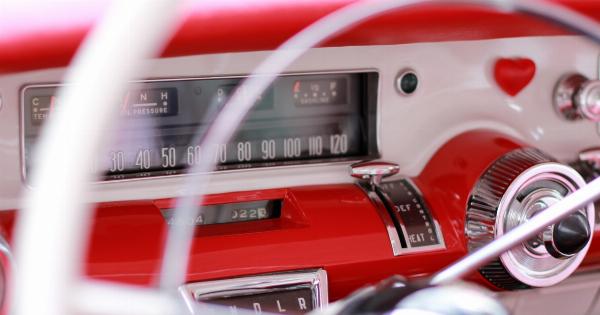Developmental Coordination Disorder (DCD) is a neurological disorder that affects movement and coordination in individuals. It is often referred to as dyspraxia as it leads to difficulty in planning and executing movements without consistent errors.
DCD is typically diagnosed in childhood and can impact a child’s motor skills, language development, and learning abilities.
It is important to understand the signs of DCD at different ages as early identification and intervention can greatly benefit the child’s development.
Signs of DCD in Infants
Infants with DCD may exhibit the following signs:.
- Difficulty in lifting their head when lying on their stomach
- Difficulty in sitting unaided
- Not reaching for toys or objects that are within their reach
- Delayed rolling or crawling
If you notice any of these signs in your infant, it is best to consult with a pediatrician or a developmental specialist to assess the child’s development.
Signs of DCD in Toddlers and Preschoolers
Toddlers and preschoolers with DCD typically demonstrate:.
- Difficulty in running, jumping, or hopping
- Clumsiness or frequent falls
- Difficulty in dressing or undressing themselves
- Poor handwriting skills
These children may also struggle with social skills and may have trouble understanding social cues, which can impact their ability to make friends and interact with others.
Signs of DCD in School-Aged Children
School-aged children with DCD may exhibit the following signs:.
- Difficulty in learning new motor skills such as riding a bike or skating
- Poor hand-eye coordination
- Difficulty in completing fine motor tasks such as using scissors or tying their shoelaces
- Difficulty in following instructions
These children may also have difficulty in academic learning, particularly in subjects that require them to combine motor skills with cognitive skills such as math or science.
Signs of DCD in Adolescents
Adolescents with DCD may experience:.
- Difficulty with balancing, which may impact activities such as sports or dancing
- Difficulty with organization and planning
- Difficulty with complex tasks such as driving or using public transportation
- Difficulty with self-care tasks such as cooking or cleaning
These adolescents may also experience anxiety and social isolation due to their difficulty in performing everyday tasks and interacting with peers.
Treatment for DCD
There is no cure for DCD, but early intervention can greatly improve a child’s movement and coordination skills.
Treatment for DCD typically involves occupational therapy, which can help the child develop fine motor skills and improve their ability to plan and execute movements.
In addition to occupational therapy, some children may also benefit from speech therapy to develop language skills, as well as physical therapy to improve their overall motor skills.
Conclusion
DCD is a neurological disorder that impacts movement and coordination skills and can significantly impact a child’s development.
Early identification and intervention are essential for improving a child’s movement and coordination skills, as well as their overall development. If you notice any signs of DCD in your child, it is best to consult with your healthcare provider or a specialist for further evaluation and treatment.































